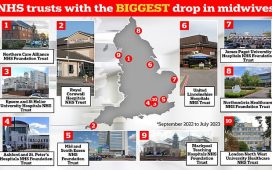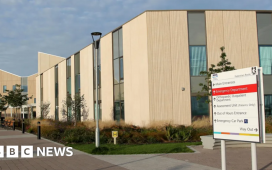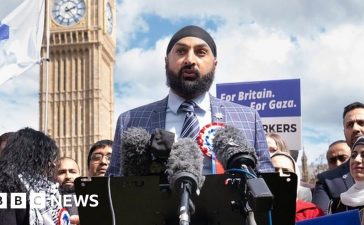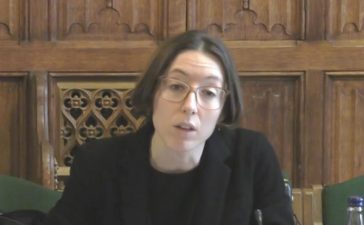Poorer people find it much harder to access NHS care than the well-off and have a worse experience when they do get it, research by the health service’s consumer watchdog has found.
Those on the lowest incomes have much more difficulty getting a GP appointment, dental care or help with mental health problems, according to a survey by Healthwatch England.
They are also more likely to feel they are not listened to by a health professional and not involved in key decisions about their care compared with those who are financially comfortable.
The links between poverty and ill-health are well known, but the Healthwatch findings show that the worse-off also face the disadvantage what the watchdog called barriers to obtaining healthcare when they need it.
The findings have prompted fears that the NHS is too often a “two-tier service” with access closely related to wealth, and calls for it to do more to make services more accessible to everyone.
Healthwatch’s survey of 2,018 people aged 16 and over in England, which was a representative sample of the population, found that:
-
42% of those who described their financial situation as “really struggling” said they had trouble getting to see a GP, double the 21% of those who were “very comfortable”.
-
38% of the worst-off found it hard to get NHS dental care, compared with 20% of the better-off.
-
28% of the very poor had difficulty accessing mental health treatment, whereas only 9% of the very comfortable did so.
There was also a gap, though a much smaller one, in terms of A&E care: 26% of poorer people said they found it hard to obtain, compared with 19% of the well-off.
Overall, 19% of those on very low incomes reported difficulty accessing NHS care, against 8% of the well-off.
Healthwatch also found a socioeconomic divide in people’s experiences of NHS care: 21% of the “really struggling” felt they were not listened to by the last health professional they saw, whereas just 7% of the better-off said that. Twice as many poorer people (18%) as richer people (9%) felt the person they last saw did not involve them in decisions about their care.
“Our findings are really worrying because they show that poorer people in our society find it much harder than the well-off to access vital NHS care when they need it, such as a GP appointment or mental health help, and are also much more likely to feel that they’ve had a worse experience when they are seen”, said Louise Ansari, Healthwatch’s chief executive.
“I am concerned because the problem of the NHS becoming a two-tier service already exists in some parts of the service, such as dentistry, and is [also] emerging in elective care, where people who can afford to get private care or diagnostics pay so they don’t have to wait so long.”
She urged ministers to take steps to boost healthcare access for the worst-off, including freezing dental charges, improving the healthcare travel cost reimbursement scheme and extending statutory sick pay to include anyone stuck on an NHS waiting list.
Saoirse Mallorie, a senior analyst in health inequalities at the King’s Fund thinktank, said: “These findings are particularly worrying when we have a health service that is largely free at the point of need. Poverty and wealth should have nothing to do with a person’s ability to access NHS services.
“This survey data should give national leaders cause to examine whether the health service is delivering its founding principle of being universally accessible. Poverty has a significant impact on people’s health and how people might access and use the NHS. There are a myriad of reasons behind these stark gaps in the polling data, from difficulties in taking unpaid time off work, the expense of travelling to appointments, and the stigmatisation of poverty, which can lead to worse experiences of healthcare.”
The chair of the Royal College of GPs, Prof Kamila Hawthorne, said poorer people were being disproportionately affected by the difficulty many people faced in accessing family doctor services, which were struggling with rising workloads and an NHS-wide shortage of GPs.
People from deprived background often needed longer than the standard 10-minute GP appointment because of poverty’s impact on their physical and mental health, she added.
A Department of Health and Social Care spokesperson said: “The government is working to ensure everyone across the country can access the highest quality healthcare when and where they need it.”
They cited the recent dental recovery plan’s aim to create an extra 2.5m appointments a year, a growing number of GP appointments and increasing use of pharmacists to diagnose and treat ailments as evidence of the government’s commitment to improve patients’ access.











